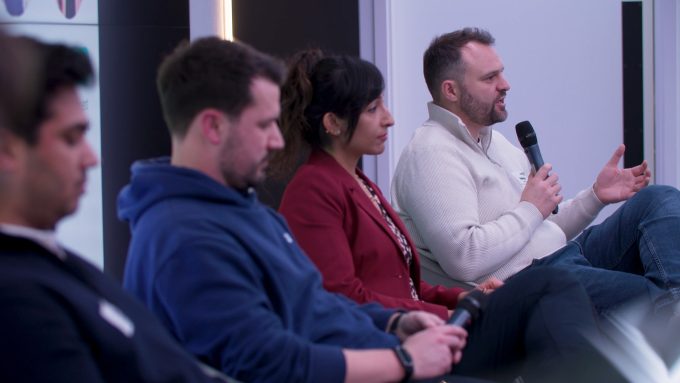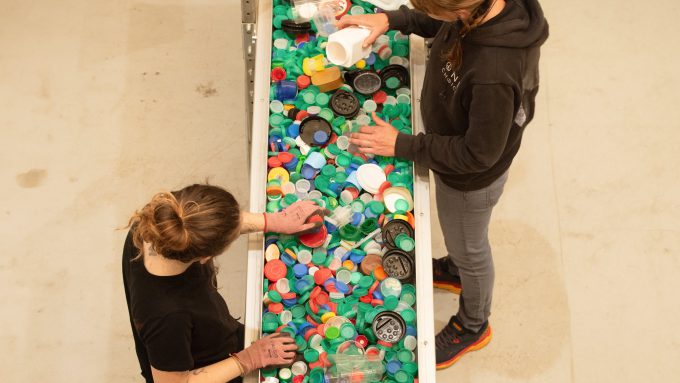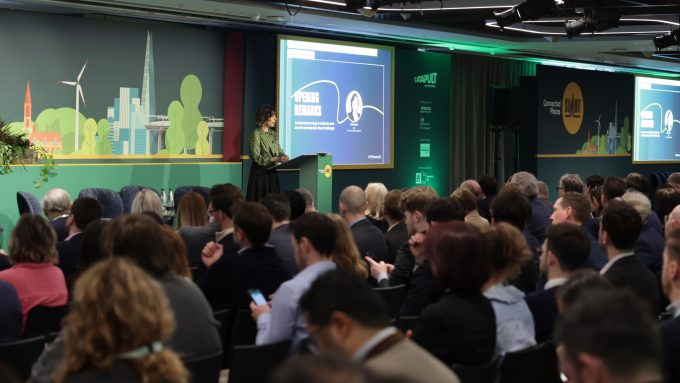Create investor FOMO, climate tech firms told

Small companies seeking finance can seem like “dinghies on the sea, battling a gale force seven storm”, remarks Ed Phillips, Managing Director at investor Future Planet Capital. “What really matters is the captain of the ship,” he adds, “and how they navigate all of the challenges they will inevitably face”.
But while securing a lucrative investment can be tough for entrepreneurs, SMEs with exciting new technology should play their trump card when courting the market: creating a sense of FOMO – or the ‘Fear of Missing Out’ among venture capital firms, to entice them to make an offer and negotiate a deal.
“Generating some FOMO can lead to competitive tension among investors about who will lead an investment, and who may follow,” says Ed. He adds that investors receive hundreds of potential deals at any one time, “so ultimately SMEs need a reason for their company to be at the top of the list”.
At the current time, he adds, “investors are allocating a lot more capital to their existing portfolio companies”, and making new investments more sparingly, “while holding a slightly sharper pencil”.
Realising the opportunity
Ed warns SMEs that if investors see that a start-up company has been in the market for a deal for many months without successfully raising funds, that may be taken as a negative signal. “Venture capitalists talk, and your offer could be perceived as stale, and the chances of seFcuring a deal more unlikely”.
But he recognises too that investors risk missing a great financial opportunity if they hold back and don’t follow their instincts to strike a deal with an innovator.
“Our job is to be active, meet everyone out there, try to see as much of the market as possible and then use our judgement.
“But when we do miss a deal with a great company, it's really painful. Errors in venture capital are usually errors of omission rather than commission.”Ed Phillips, Managing Director, Future Planet Capital
Moving fast and slow
Ed recommends that SMEs adopt both “a fast and slow approach” to fundraising, with the slow being a need to start talking to investors and building relationships 12 to 18 months before you want to raise funds, “particularly with some of the corporate investors who can move really slowly, but can be very useful sources of capital”.
Future Planet Capital invests in SMEs across strategic technology areas, including emerging climate technology. Last year it backed a business supported by Connected Places Catapult called Armada Technologies, which took part in the Transport Research & Innovation Grants programme in 2021 to further develop an air lubrication system designed to improve maritime fuel efficiency, whereby air bubbles are pumped beneath a ship to reduce drag.
“Climate tech is having a pretty tough moment,” adds Ed, given the global political context and higher interest rates compared to earlier in the decade. This has led to “retrenchment around some of the climate activity, with uncertainty among some global corporate investors and a move towards technology around energy security, resilience and defence.”
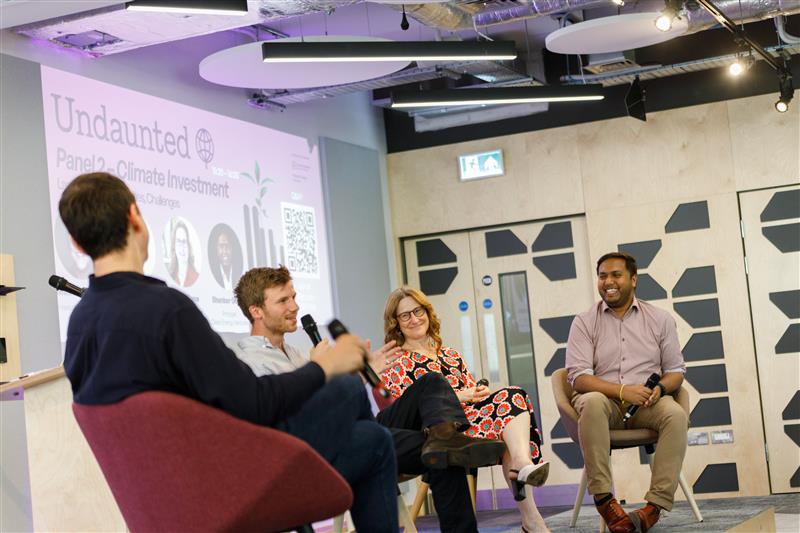
Looking for personality
Ed says he tends to support climate SMEs “doing something novel, with global climatological relevance but crucially can demonstrate a customer will pay them. He adds: “Too often this last bit is left too late in the startup process”. He also looks for founders whose personality “fits the type of company they are trying to build”.
He advises founders to carefully craft their digital presence, including profiles on LinkedIn and company information portal Crunchbase. Potential investors, he says, increasingly scour sites to identify companies with new solutions who may need funding.
He also supports the “critical” role of grant funded programmes such as accelerators offered by Connected Places Catapult to reducing investment risk. “Without them, there's a lot of technologies that would find it really hard to make their way out of the laboratory.
“Founders in their early stages are trying to find their way to a customer and show that something works,” he adds. “They need money to fund experiments to help get them there. Accelerator programmes are really important.”
Find out more about our service for Investors. Read about other investor stories in this series
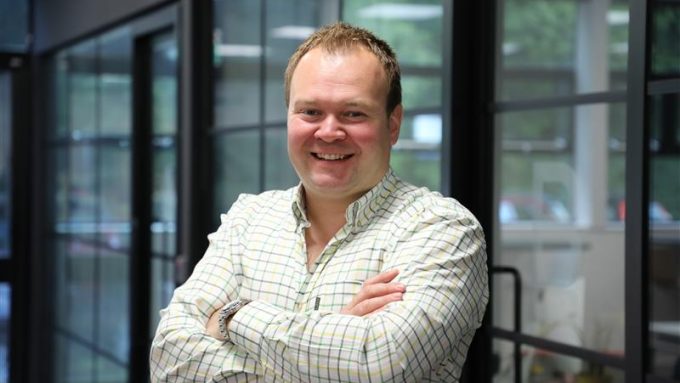
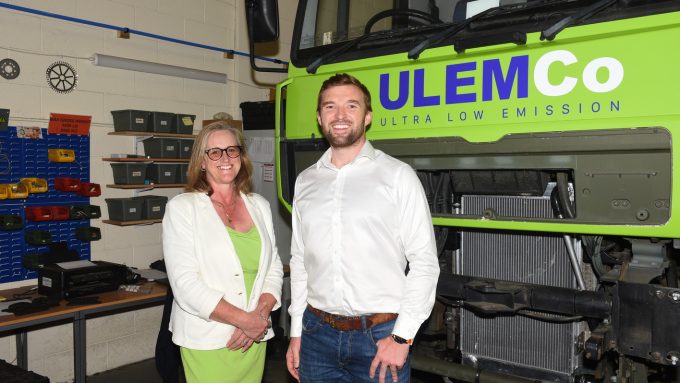
“Convince me your solution is the solution” advises hydrogen company investor
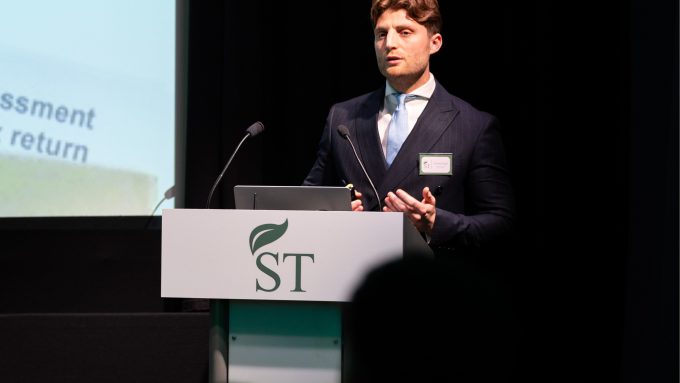
‘Get better at telling stories’ advises tech investor

Drone tech investor speaks up for honest feedback

Highways tech investor says teamwork is key to standing out

Maritime investor charts a course to financial success


